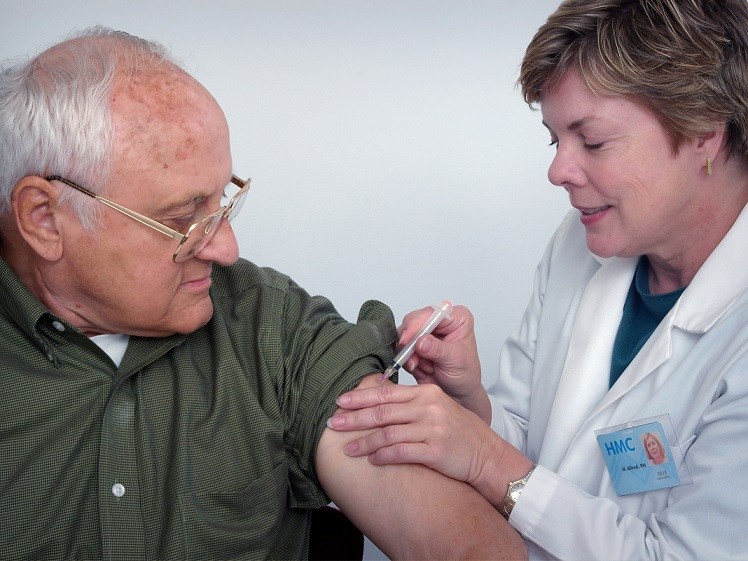Some care homes are using the extra dose contained in every vial of Pfizer vaccine to vaccinate the relatives of residents, according to the head of one home network.
Since the vaccine was first rolled out, it has been known that a vial of the Pfizer-BioNTech vaccine, the first to be approved in the EU, contains six and sometimes even seven doses, instead of the five doses intended.
Yesterday the federal Agency for Care and Health ordered medical facilities not to try to extract a seventh dose from the vial. A sixth dose is still allowed, however.
Now it appears that some homes have been taking advantage of the so-called ‘bonus dose’ to offer a vaccination to members of the families of residents. The allegation was made by Margot Cloet, the head of the Zorgnet-Icuro network of homes.
Such a practice in in breach of the government’s vaccination programme, the Agency said. After care home residents and staff have been vaccinated, the next priority goes to family doctors and nurses.
The availability of vaccines has become an urgent issue since it was announced that because of production problems at the Pfizer factory in Puurs, Belgium will receive only 60,000 doses of vaccine next week, instead of the 100,000 planned.
The agency has now contacted the homes to order them to set up a reserve list of people who are to receive any bonus doses that remain after their own residents and staff have been vaccinated.
Using the remaining vaccines for family members, whether of residents or staff, is “unacceptable,” the agency said.
“We understand that this may cause frustration and misunderstanding, but given the scarcity of vaccines, we are counting on you to deal with it correctly,” the letter states.
Despite the warning, some homes continue with the practice, Cloet alleges.
“I’m hearing this in the corridors,” she said. “We cannot tolerate that. The surplus vaccines have to go to the people who have been most at risk of infection for months. That means home-care nurses, general practitioners, dentists and so on. We are asking residential care homes to work together with the local family doctor network and home-care nurses.”
Alan Hope
The Brussels Times

